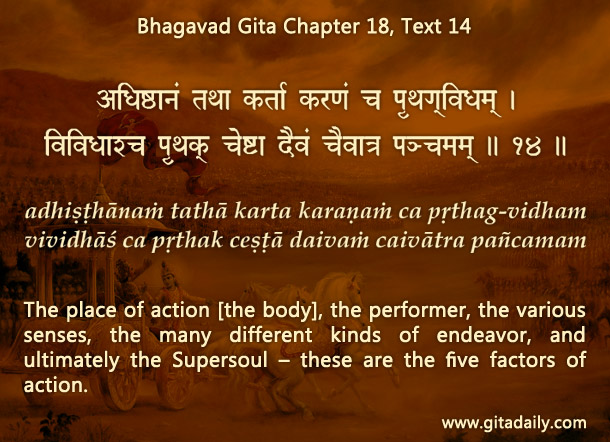Appreciating others’ achievement fosters extrinsic self-worth appreciating their commitment fosters intrinsic self-worth
Suppose we are guiding someone, as when we are parents guiding our children. Guiding involves both correcting and appreciating: correcting them when they do something wrong, and appreciating them when they do something right.
Appreciating others is undoubtedly important, but what we appreciate about them is even more important. Suppose we appreciate them when they achieve something significant. That’s good, but if that’s the only time we appreciate them, they may start thinking that our love for them is conditional to their achieving something significant. Such thinking may make them base their self-worth on extrinsic things such as achievements: “Only if I achieve will I be appreciated, valued, loved.” Such extrinsic self-worth can set them up for insecurity, inferiority complex and other mental health problems.
How can we foster intrinsic self-worth in them? By stressing that their existence has innate value, for we all are precious parts of the Divine (Bhagavad-gita 15.07). And by appreciating them for the things that are in their control such as their commitment, not for the things beyond their control such as achievement.
The Gita (18.14) stresses that the results of our actions depend on many factors; our endeavor is just one of them. When the remaining factors are favorable, our endeavor bears visible fruit – our commitment translates into achievement. When the remaining factors aren’t favorable, results may not manifest, despite our best efforts. All we can do is stay committed till those factors become favorable.
What will keep us going when results aren’t forthcoming? The understanding that our endeavors matter: that our endeavors always contribute to shaping a better future for us, even if that shaping isn’t presently visible. That understanding is the essence of intrinsic self-worth. And intrinsic self-worth is fostered primarily when we are appreciated for our commitment, not just for our achievement.
Think it over:
- What fosters extrinsic self-worth?
- What fosters intrinsic self-worth?
- Do you regularly appreciate others? What do you normally appreciate them for? How can you appreciate them more for their commitment?
***
18.14 The place of action [the body], the performer, the various senses, the many different kinds of endeavor, and ultimately the Supersoul – these are the five factors of action.
To know more about this verse, please click on the image
Explanation of article:
https://www.youtube.com/watch?v=PA0liNRYP3U&feature=youtu.be
Podcast:


This is so amazing!! Thank you and Haribol!!!
Happy to be of service.
JAPA inculcates self worth in you